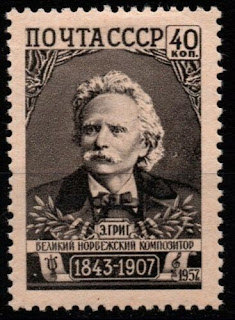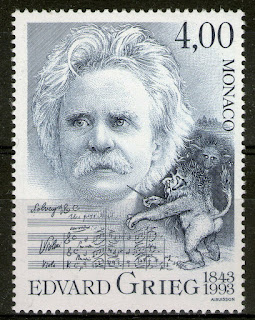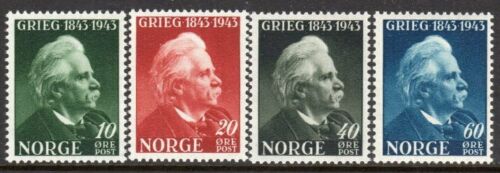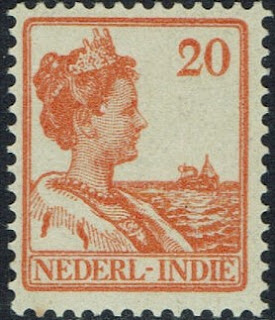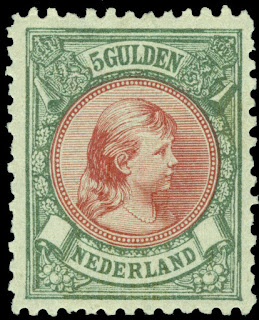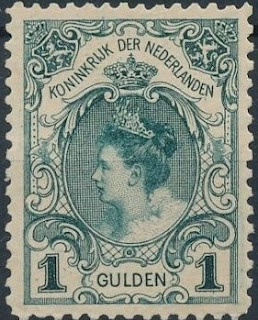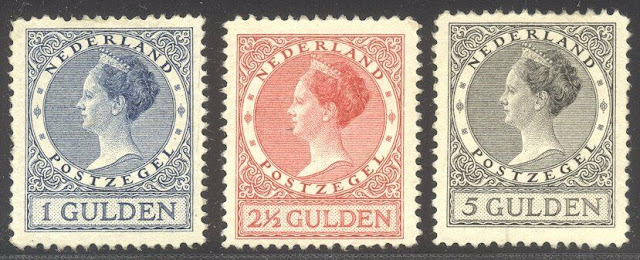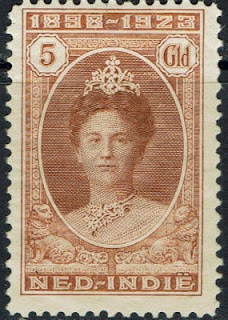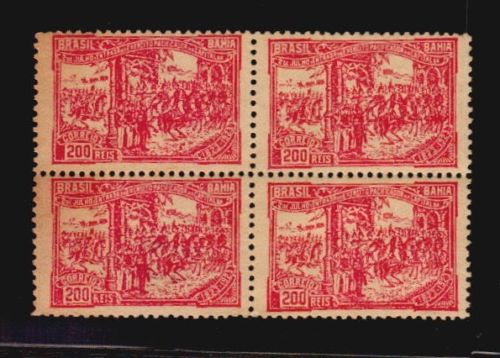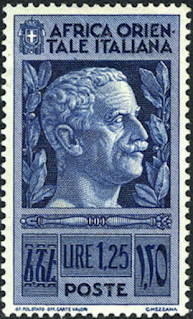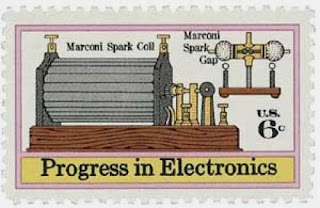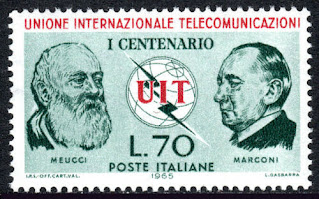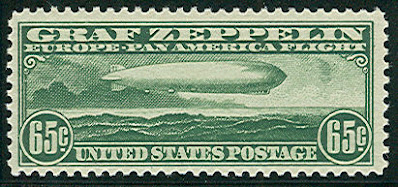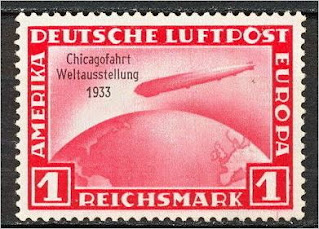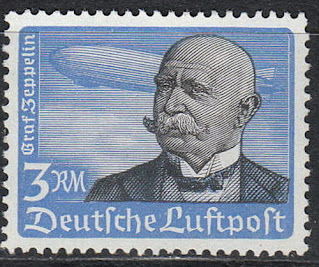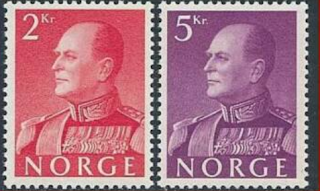Here are some events that happened on September 4th. It could be an event or a person that died or was born on that day
1809 Born: Manuel Montt, Chilean scholar and politician, 6th President of Chile (d. 1880)
Manuel Francisco Antonio Julián Montt Torres (September 4, 1809 – September 21, 1880) was a Chilean statesman and scholar. He was twice elected President of Chile between 1851 and 1861.
Montt was born in Petorca, Valparaíso Region, the son of Catalan immigrants. His family was very poor, and in 1822, the death of his father increased their hardship. The same year, Manuel's mother secured his entrance into the Instituto Nacional (National Institute), where he also would serve as rector later in life (1835–40), though he could only afford the fees by tutoring other students. After studying law at the Instituto Nacional, he graduated as a lawyer in 1833 and soon achieved prominent academic and government posts.
In 1851 Montt won the presidency, but the liberals thought his election was fraudulent and instigated an armed revolt, the Revolution of 1851, which was quickly subdued. Montt represented the conservative oligarchy and was authoritarian and inflexible in his beliefs, but he also worked for the economic and social progress of his nation. He angered the conservatives when he asserted the state's right of patronage in Chile's Roman Catholic Church and when he supported the abolition of restrictions on the sale or bequeathing of landed estates. His administration made advances in commerce and banking, codified Chilean laws, strongly promoted public education and immigration, and colonized the area south of the Bío-Bío River
Some Chilean stamps depicting Manuel Montt
1870 – Emperor Napoleon III of France is deposed and the Third Republic is declared
Napoleon III (born Charles-Louis Napoléon Bonaparte; 20 April 1808 – 9 January 1873), the nephew of Napoleon I, was the first President of France, ruling from 1848 to 1852, and the last monarchical ruler of France, reigning from 1852 to 1870. First elected president of the French Second Republic in 1848, he seized power in 1851, when he could not constitutionally be re-elected, and became the Emperor of the French. He founded the Second French Empire and was its only emperor until the defeat of the French army and his capture by Prussia and its allies in the Franco-Prussian War in 1870. He worked to modernize the French economy, rebuilt the center of Paris, expanded the overseas empire, and engaged in the Crimean War and the Second Italian War of Independence.
The battle of Sedan was a total disaster for the French—the army surrendered to the Prussians and Napoleon himself was made a prisoner of war
As the German shells rained down on the French positions, Napoleon III wandered aimlessly in the open around the French positions. One officer of his military escort was killed, and two more received wounds. A doctor accompanying him wrote in his notebook, "If this man has not come here to kill himself, I don't know what he has come to do. I have not seen him give an order all morning."[156]
Finally, at one o'clock in the afternoon, Napoleon emerged from his reverie and ordered a white flag hoisted above the citadel. He then had a message sent to the Prussian King, who was at Sedan with his army: "Monsieur my brother, not being able to die at the head of my troops, nothing remains for me but to place my sword in the hands of Your Majesty."
The news of the capitulation reached Paris on 3 September, confirming the rumors that were already circulating in the city. When the news was given to the Empress that the Emperor and the army were prisoners, she reacted by shouting at the Emperor's personal aide, "No! An Emperor does not capitulate! He is dead!...They are trying to hide it from me. Why didn't he kill himself! Doesn't he know he has dishonored himself?!". Later, when hostile crowds formed near the palace, and the staff began to flee, the Empress slipped out with one of her entourage and sought sanctuary with her American dentist, who took her to Deauville. From there, on 7 September, she took the yacht of a British official to England. On 4 September, a group of republican deputies, led by Léon Gambetta, gathered at the Hôtel de Ville in Paris and proclaimed the return of the Republic, and the creation of a Government of National Defence. The Second Empire had come to an end.
Some stamps of France and France Colonies general issues depicting Emperor Napoleon III
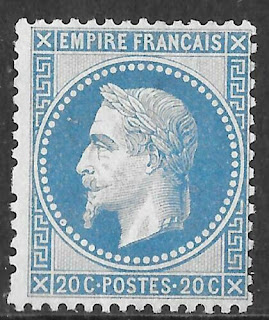

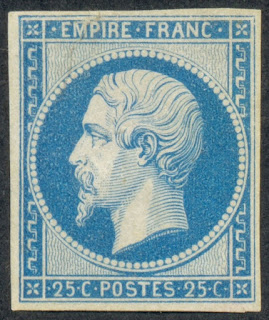

1907 Died: Edvard Grieg, Norwegian pianist and composer (b. 1843)
Edvard Hagerup Grieg (15 June 1843 – 4 September 1907) was a Norwegian composer and pianist. He is widely considered one of the leading Romantic era composers, and his music is part of the standard classical repertoire worldwide. His use and development of Norwegian folk music in his own compositions brought the music of Norway to international consciousness, as well as helping to develop a national identity, much as Jean Sibelius did in Finland and Bedřich Smetana did in Bohemia.
Grieg is the most celebrated person from the city of Bergen, with numerous statues depicting his image, and many cultural entities named after him: the city's largest concert building (Grieg Hall), its most advanced music school (Grieg Academy) and its professional choir (Edvard Grieg Kor). The Edvard Grieg Museum at Grieg's former home, Troldhaugen, is dedicated to his legacy.
Stamps from Russia, Monaco and Norway depicting Edvard Grieg
1948 – Queen Wilhelmina of the Netherlands abdicates for health reasons
Wilhelmina Helena Pauline Maria(31 August 1880 – 28 November 1962) was Queen of the Netherlands from 1890 until her abdication in 1948. She reigned for nearly 58 years, longer than any other Dutch monarch. Her reign saw the First and the Second world wars, the Dutch economic crisis of 1933, and the decline of the Netherlands as a major colonial power.
Wilhelmina was the only child of King William III and his second wife, Emma of Waldeck and Pyrmont. On William's death in 1890, she ascended to the throne at the age of ten under the regency of her mother. In 1901, she married Duke Henry of Mecklenburg-Schwerin, with whom she had a daughter, Juliana. Wilhelmina was generally credited with maintaining Dutch neutrality during the First World War.
By 1948, Wilhelmina was the only survivor of the sixteen European kings and one queen who were sitting on their thrones at the time of her coronation in 1898. The Dutch Royal Family was also one of seven European royal houses remaining in existence.[18]
On 4 September 1948, after a reign of 57 years and 286 days, Wilhelmina abdicated in favor of her daughter Juliana, because of advancing age and illness which had already caused two regencies, and the strain of the war years. She was thenceforward styled "Her Royal Highness Princess Wilhelmina of the Netherlands". After her reign, the influence of the Dutch monarchy continued to decline but the country's love for its royal family continued. No longer queen, Wilhelmina retreated to Het Loo Palace, making few public appearances until the country was devastated by the North Sea flood of 1953. Once again she traveled around the country to encourage and motivate the Dutch people.
Wilhelmina died in Het Loo Palace at the age of 82 on 28 November 1962, and was buried in the Dutch Royal Family crypt in the Nieuwe Kerk in Delft, on 8 December
Some stamps from the Netherlands and the Dutch Indies depicting Wilhelmina






